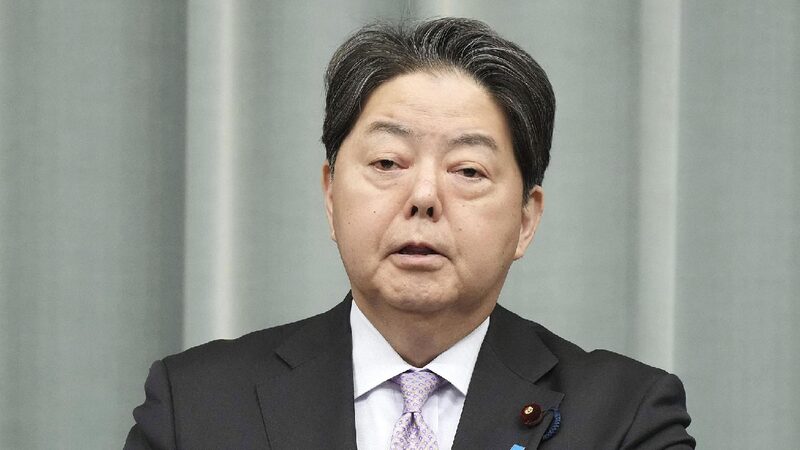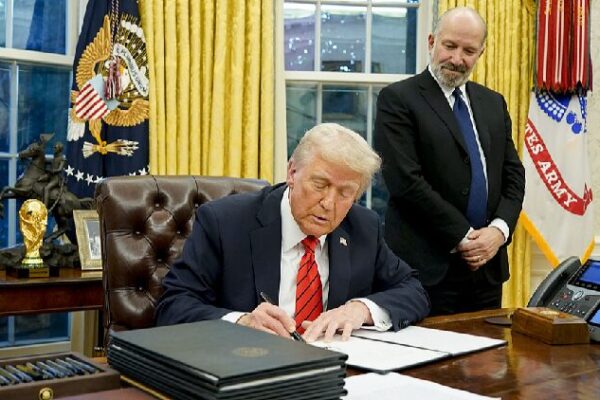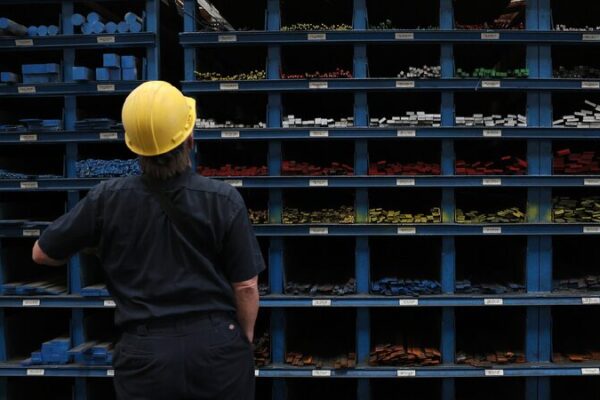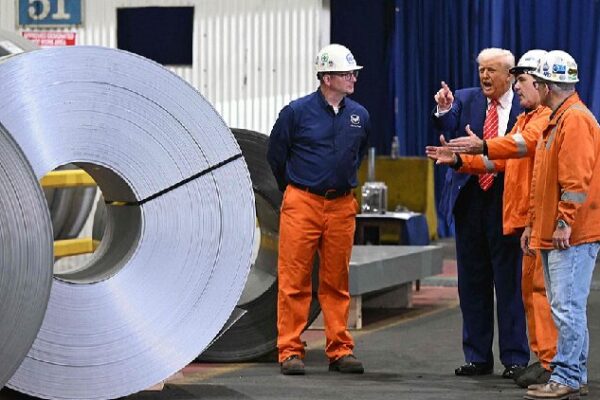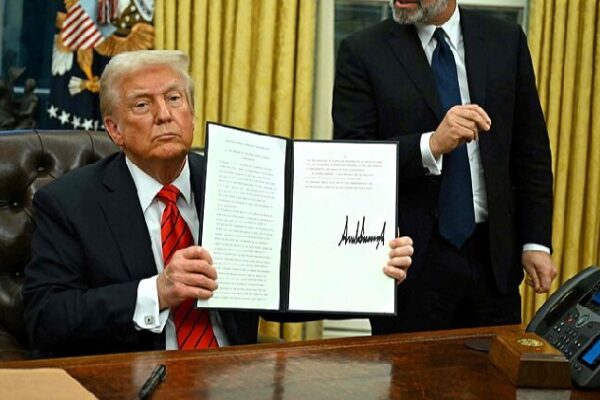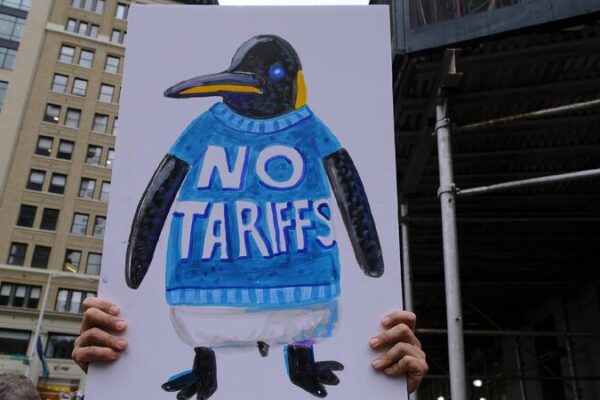Japan has expressed deep regret over the United States’ decision to impose a 25% tariff on steel and aluminum imports, a move Tokyo fears could strain their economic relationship and disrupt global trade systems.
Speaking to reporters on Wednesday, Chief Cabinet Secretary Yoshimasa Hayashi highlighted the potential repercussions of the tariffs. “Widespread measures to limit trade risk having a significant impact on the Japan-U.S. economic relationship as well as the world economy and multilateral trade system,” he said.
Despite ongoing discussions, Japan was not granted an exemption from the tariffs, which came into effect at midnight U.S. time. When asked about possible retaliatory measures, Hayashi emphasized that the two nations would continue talks to resolve the issue.
In 2024, Japan exported 31.4 million tonnes of steel, with 1.1 million tonnes destined for the United States—accounting for about 4% of U.S. steel imports. Hayashi underscored the importance of Japanese steel and aluminum to U.S. industries. “Imports of Japanese steel and aluminum products won’t harm U.S. national security,” he stated. “Our high-quality products are difficult to replace and essential to strengthening the competitiveness of the U.S. manufacturing industry.”
Economy, Trade and Industry Minister Yoji Muto recently visited Washington to request exemptions from the metal tariffs and upcoming vehicle tariffs. According to Hayashi, U.S. officials acknowledged Japan’s significant investment and role in the U.S. economy, emphasizing the priority of their relationship.
Japan, home to leading automaker Toyota, is particularly concerned about the tariffs’ impact on its auto industry—a sector that influences a wide range of industries from parts manufacturing to steel and microchips. In 2024, vehicles made up roughly a third of Japan’s $145 billion in exports to the United States.
Reference(s):
Japan says U.S. tariffs risk impacting their bilateral economic ties
cgtn.com
